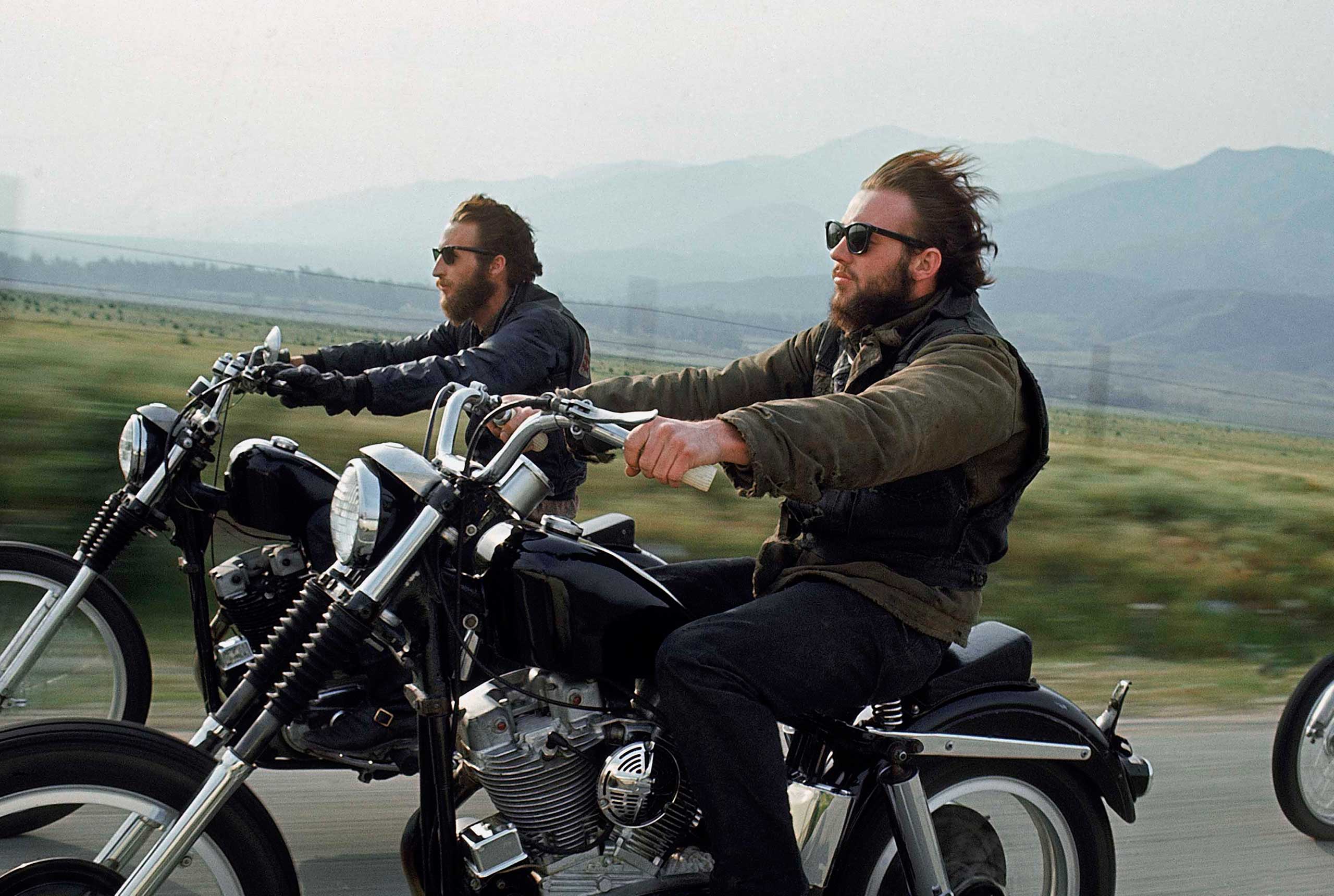The Hells Angels Motorcycle Club has become a symbol of rebellion, freedom, and a brotherhood like no other. Their images often evoke strong emotions and stir intrigue, drawing in both admirers and critics alike. From their iconic winged death skull logo to the roaring engines of their motorcycles, Hells Angels images encapsulate a lifestyle that many aspire to yet few truly understand. This article will delve into the world of Hells Angels images, exploring their significance, history, and the stories behind them.
Founded in the aftermath of World War II, Hells Angels have cultivated a rich visual culture that reflects their values of loyalty, camaraderie, and adventure. The images associated with this infamous motorcycle club often tell tales of the open road, brotherhood, and the pursuit of freedom, creating a complex narrative that intertwines with American culture. In this exploration, we will uncover the layers of meaning behind various Hells Angels images and the impact they have had on society.
As we navigate through the captivating world of Hells Angels images, we will also examine the public perception of the club, the controversies surrounding it, and how these images have shaped its identity over the years. From classic photographs to modern interpretations, the visual representation of Hells Angels continues to evolve while remaining rooted in its storied past. Join us as we embark on this journey to understand the allure and significance of Hells Angels images.
What is the History Behind Hells Angels Images?
The history of Hells Angels images can be traced back to the club's inception in the late 1940s. Initially, the images were simple and often featured the motorcycles themselves or the members in their leather jackets. However, as the club grew in notoriety, so did the complexity and symbolism of their images.
How Did the Hells Angels Logo Come to Be?
The iconic Hells Angels logo, featuring a winged skull, has become synonymous with the club. The design reflects the club's rebellious spirit and connection to the biker community. The logo's origins can be linked to the club's roots in military aviation, as many of the founding members were veterans. This connection is evident in the imagery that draws from military insignias, creating a powerful symbol of freedom and defiance.
What Role Do Hells Angels Images Play in Their Culture?
Hells Angels images serve not only as a representation of the club but also as a form of communication and identity among members. The images convey a sense of belonging and brotherhood, with each member wearing their patches and logos proudly. They also create a visual boundary, signaling affiliation and loyalty, while deterring outsiders.
What Are Some Iconic Hells Angels Images?
Several Hells Angels images have become iconic over the years, often featured in documentaries, films, and media coverage. Here are a few noteworthy examples:
- The "Hells Angels on Wheels" Poster: This film poster from the 1960s captures the essence of the biker lifestyle and has become a cultural artifact.
- Photographs by Robert Frank: The renowned photographer captured candid moments of Hells Angels members, showcasing their raw and unfiltered lifestyle.
- Documentary Stills: Documentaries like "Hells Angels Forever" have provided a visual insight into the club's inner workings and lifestyle.
How Have Hells Angels Images Influenced Popular Culture?
The influence of Hells Angels images extends beyond the motorcycle community and has permeated various aspects of popular culture. From fashion trends to music, the imagery associated with Hells Angels has inspired countless artists and creators. The rebellious spirit embodied in these images resonates with themes of freedom and counterculture, making them a powerful symbol in art and media.
Are There Controversies Surrounding Hells Angels Images?
While Hells Angels images can evoke admiration, they also come with a fair share of controversies. The club has faced scrutiny from law enforcement and the media, often portrayed in a negative light. This portrayal has led to misconceptions and stereotypes that have impacted public perception. The images, while powerful, can sometimes reinforce these negative narratives, complicating the club's identity.
What Can We Learn from Hells Angels Images?
Hells Angels images offer a unique perspective on a subculture that thrives on the fringes of society. They represent a longing for freedom, camaraderie, and adventure, while also reflecting the complexities and contradictions of the lifestyle. By examining these images, we can gain insights into the values and beliefs of the Hells Angels and the broader implications of their existence in modern society.
What is the Future of Hells Angels Images?
As society continues to evolve, so too will the imagery associated with Hells Angels. With advancements in technology and changes in cultural narratives, the way we perceive and represent the club will inevitably shift. However, the core values of brotherhood and rebellion are likely to remain central themes in Hells Angels images for years to come.
Conclusion: The Lasting Impact of Hells Angels Images
In conclusion, Hells Angels images serve as a powerful testament to a unique lifestyle that has captivated the imagination of many. They represent more than just a motorcycle club; they embody a spirit of freedom, loyalty, and defiance that resonates with individuals across generations. As we continue to explore the world of Hells Angels images, we uncover a rich tapestry of stories, history, and identity that shapes our understanding of this iconic group.
Unveiling The Intriguing Cast Of Nordic Murders Season 2
Flying High With Flight 1793 JetBlue: A Journey To Remember
Unleashing The Power Of Jason Kelce's Workout Routine


